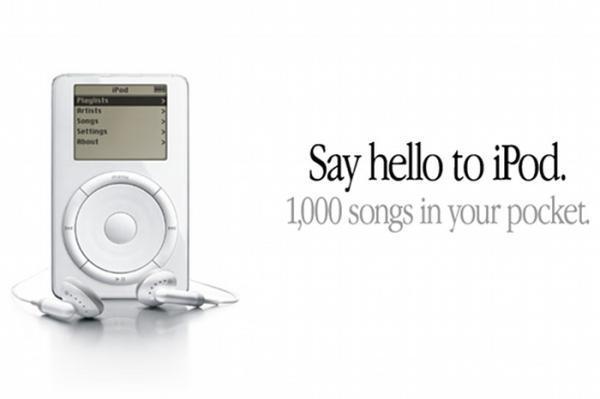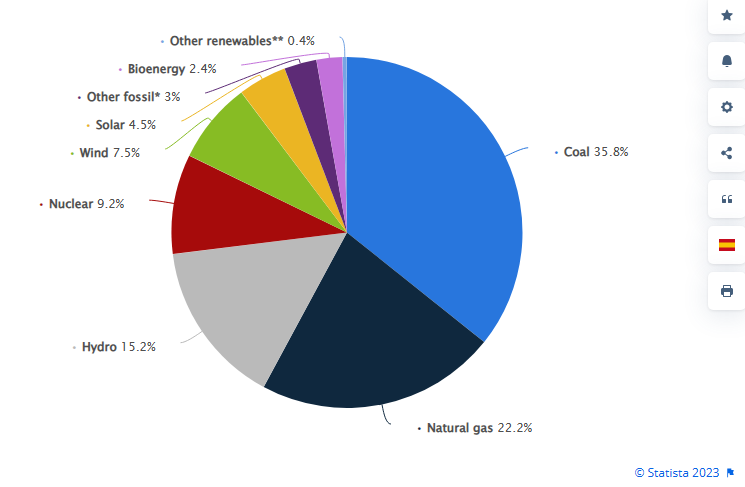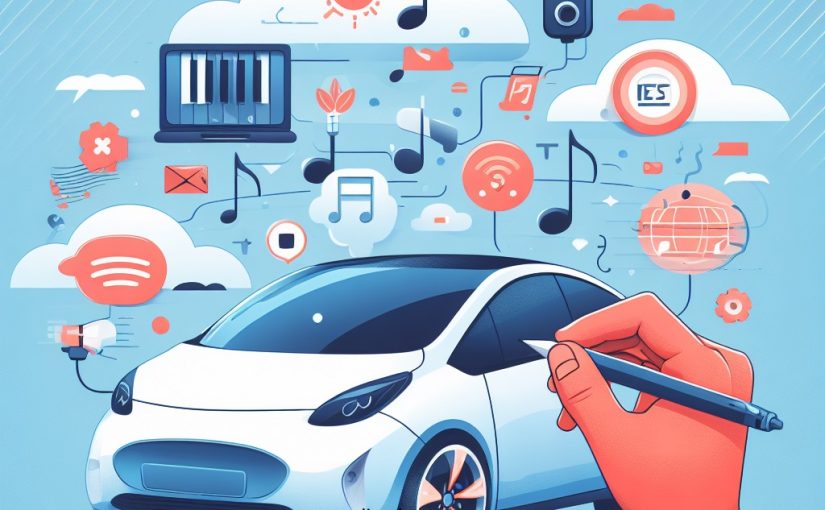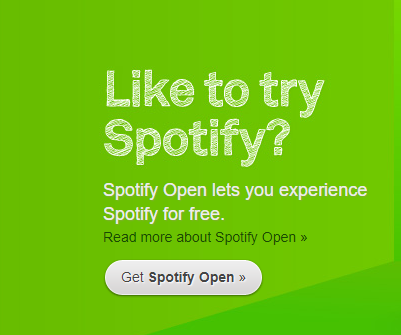Maybe you haven't heard or read about the term 'XaaS' - Everything/Anything as a Service, but it is nothing more than the representation of a large portion of the services you consume today.
This song on Spotify or video on YouTube are already excellent examples of SaaS, 'Software as a Service'. The 'X' encompasses all existing service categories.
But what does one thing have to do with the other? Music, Cars...” Hold on, I'll get there, haha.
Some changes are bothersome, while others not so much...
Convenience is a big deal when it comes to changing up our routine. Nobody wants to do something more complicated than yesterday or take extra steps to get the same result in any task.
Our consumption habits align with this trend. If you're around 30, you probably don't miss the way we used to consume music 15, 20 years ago... (maybe a bit of nostalgia, as in my case).
In the 80s, Sony introduced the Walkman with cassette tapes, and in the 90s, the CD version. Nevertheless, they still required carrying tapes, CDs, buying, recording, and transporting physical media.
The launch of the iPod in 2001 completely changed the way we listened to music at the beginning of the century. The iTunes Store (launched in 2003) allowed for the purchase and download of music 100% online. In Brazil, the landscape changed with the popularization of the MP3 Player – devices similar to the iPod, with storage capacities and the ability to transfer any music file (regardless of copyright). Come on, admit it, you've never downloaded a pirated song from torrent services like Ares, LimeWire, eMule, Kazaa? (That one goes way back, haha).

For those who used to carry a little bag with CDs, life has changed a lot!
Still in the music scene, the pinnacle was the launch of Spotify. Here, you didn't even need to transfer files anymore!
July 2011
The year that changed the entire music industry. If it was easy before to buy a song on the iTunes Store and download it, it was even more practical to download it 'pirated' and at no cost. We were talking about a difference between $10.00 (dollars) to 'zero.' This ended up being the same price as an original media/CD (already pirated at the time).
At least in the mentioned year,we saw the emergence of 'Music as a Service' (not a widely used term, but fits well), where a subscription ensures access to millions of songs at the same price as purchasing a digital album on iTunes – $9.99. Keep the terms 'purchase' and 'subscription' in mind. Convenient, isn't it?"
2012 – end of the world or the combustion engine?
2012 even inspired a movie... It was heralded as the 'beginning of the end,' perhaps for combustion engine cars? Or are electric cars part of a grand plan for destruction? Well, enough of that conspiracy, haha.
In June of the same year, Tesla delivered its first Model S to Steve Jurvetson, a venture capitalist and board member of the company. The guy who literally wrote a blank check and ensured that the first Model S was his (yes, Musk got the number 2). With record breaking reservations, this was a milestone in the rebirth of the electric vehicle as something real.
Tesla, founded in 2003, had already delivered the Roadster in 2008 at a cost of $109,000 and achieved production of only 2,450 units until 2012 when its production was discontinued. The Model S entered the market at almost half the price: $57,400. In the last 5 years, the company has produced over 4,780,528 units.
And I'm not even considering the Chinese giants like BYD and other movements from more traditional brands... In 2022, this number reached 10.5 million units sold worldwide.
We have a significant difference from the first Roadster in 2008 to the current models: a more affordable price and the evolution of charging and energy storage technologies (batteries), making the electric car viable and a bit more convenient.
And there I go, listening to music via Spotify in my Model S...
That's not me. And I didn't even have a sponsored post from both (could have, huh?). But there's something similar in all these examples. Something only achieves commercial success when it works conveniently for its purpose... You know when you say 'Wow! Why didn't they invent this earlier?' The iPod solved several inconveniences of its time.
Spotify didn't eliminate piracy, but it made it so much more convenient to pay the price of an album per month to have access to a library that it ended up having an impact on the way people consume – especially the illegal way.
Both of these examples are well-established and practically a one-way street. The observation to make here is the various adjacent factors that allowed this... An example of this is the access to an increasingly fast internet connection: it created the groundwork for the growth of streaming.
Back at the beginning, when I mentioned that certain changes are bothersome, I include electric cars in that. I would say it's almost like the launch of Spotify in the early 2000s... The right technology but without the necessary supports.
Today, the problems go beyond the availability of fast-charging stations. The weight of an electric car can be up to 35% higher than a combustion engine vehicle, due to the batteries. This significantly increases wear and tear on public roads, for example. Have you ever thought about that?
Besides other issues like durability, cost, and battery disposal...
Coal is the largest source of electricity production in the world, followed by natural gas. In Brazil (my native country), we have a very interesting number, with over 90% coming from hydroelectric sources. Polemica!
No, I'm not against electric vehicles. Today, I'd say it's more about your lifestyle, recharge planning, and taking into account the costs of early adoption of a new technology still in rapid evolution – reaping the benefits and drawbacks, obviously. Aware of that, no problem. If we delve into the details of the impacts mentioned above, the conversation becomes a bit more reflective, haha.
Car as a Service?
Transport as a service is something very old... But until today, it hasn't been convenient enough to ensure that the acquisition of a personal vehicle is unnecessary. It depends a lot on lifestyle, but for the most part, people tend to have a vehicle for daily use/commute or the intention to buy one at some point in life. Services like Uber and 99 (brazilian Uber-like service) have had a significant impact, but it's far from emptying parking spaces out there.
There are various initiatives to make car usage more like a service. Companies like the Volkswagem Group have already announced their future vision for a mobility company, not just a car manufacturer and seller. In this sense, I believe we have many years until the launch of the 'Spotify' for this solution...
Have I concluded anything from this?
I summarize everything I wrote in a word mentioned several times... Convenience.
” Convenience is “what is useful, which simplifies a routine, which saves time” etc. (Houaiss dictionary) - From Portuguese edition
XaaS is the trend of recent years because it is the materialization of convenience: "pay a price, abstract all the hard work, stay only with the added value".
Remember when I mentioned to keep the terms "purchase" and "subscription" in mind in the part about Spotify? Well, I'll leave this pepper of doubt in your eyes: to what extent are we exchanging ownership, possession of the object, for the convenience of merely using something, within the terms and conditions of a third party?
Well, this is a subject for a next blog post... Haha.
If you made it this far you're a real warrior, haha. My last long text was almost a year ago... I've been at least four years without writing, including this amount of research and data, as part of my routine. I hope this text marks a return to my writing habit and, furthermore, improvements in the future. The original text was written in Portuguese, so you might find a few small errors along the way... long way :)
Tips, suggestions? The comments section is yours!
Read more about some of the topics mentioned here and their references.
iTunes Music: Now Up To 30 Percent More Expensive | Mashable
Spotify Turns 15: How the Streaming Giant Has Changed Music (variety.com)
What Is XaaS (Anything as a Service)? | NetApp
The history of the Walkman: 35 years of iconic music players – The Verge
How Apple’s iTunes Music Store changed music forever (appleinsider.com)
Steve Jobs – IPod Introduction | Genius
The Evolution of Music as a Service (MaaS) | by Miriam O’Shea | Medium
History of Tesla: Timeline and Facts – TheStreet
Tesla History: Founders, When and How It Started, Timeline (businessinsider.com)
Tesla, Inc. | History, Cars, Elon Musk, & Facts | Britannica
A Quick History of Tesla Motors | Daily Infographic
Electric vehicle sales leapt 55% in 2022, with China in front | World Economic Forum (weforum.org).
Electric Vehicles And The Impact On Infrastructure (forbes.com)
Electricity production by source, World (ourworldindata.org)
World electricity generation by source 2022 | Statista

